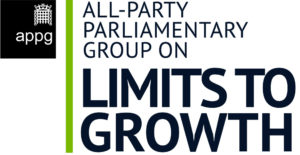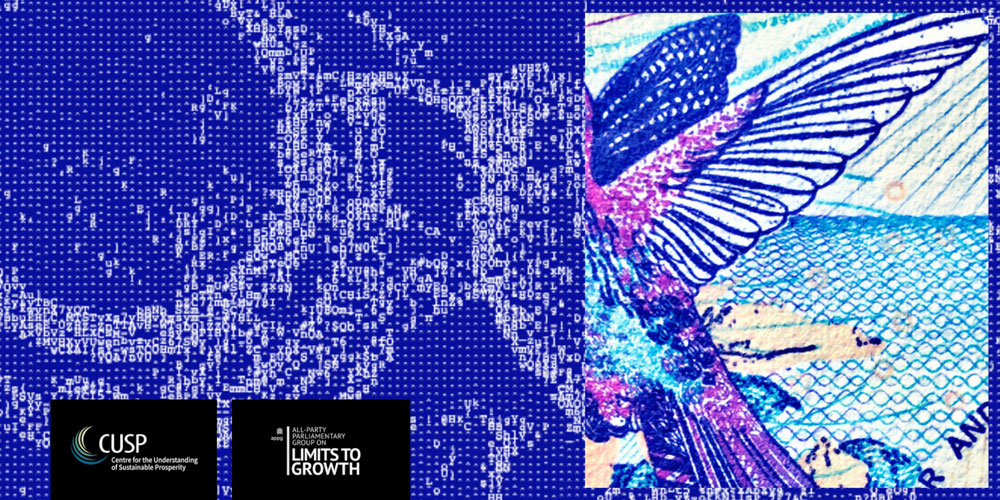In the years since the financial crisis, a heated debate has broken out amongst macroeconomists about the appropriate roles of fiscal and monetary policy in managing public sector debt. Fiscal policy involves government’s taxation and spending plans. Monetary policy is concerned with interest rates and the money supply. The controversy has centred in particular on the question of government’s capacity to engage in deficit spending in times of need.
On one side, proponents of ‘sound finance’ call for fiscal prudence to control the level of the deficit. On the other, advocates of ‘functional finance’ argue that a government which issues its own currency can never run out of money.
This argument has a particular salience in the context of the investment needs associated with meeting ambitious climate change goals and ‘levelling up’ the inequalities between different communities and regions in the UK. Both of these tasks will require significant public investment at a time when public finances have already been stretched by the pandemic.
This briefing introduces the main lines of argument on both sides of the controversy. It finds that:
- a return to fiscal austerity in the aftermath of the pandemic would be both dangerous and unjustified;
- the sovereign ability of government to create money at will exists; but it is circumscribed by legitimate concerns about its monetary and distributional impacts;
- the mechanisms through which money creation takes place matter and need urgent attention if they are not to destabilise the economy;
- fiscal and monetary policy must move beyond ideology and offer greater flexibility in the post-pandemic era.
This briefing paper was written by Prof Tim Jackson and Dr Andrew Jackson at the Centre for the Understanding of Sustainable Prosperity (CUSP).

